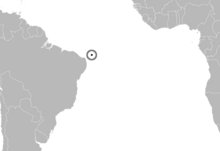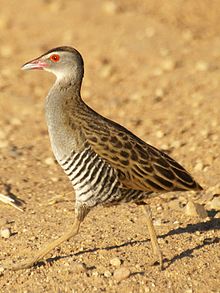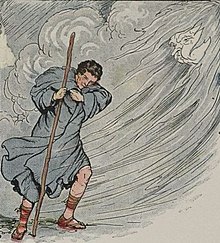Science portal

Science is a rigorous, systematic endeavor that builds and organizes knowledge in the form of testable explanations and predictions about the world. Modern science is typically divided into three major branches: the natural sciences (e.g., physics, chemistry, and biology), which study the physical world; the social sciences (e.g., economics, psychology, and sociology), which study individuals and societies; and the formal sciences (e.g., logic, mathematics, and theoretical computer science), which study formal systems, governed by axioms and rules. There is disagreement whether the formal sciences are science disciplines, as they do not rely on empirical evidence. Applied sciences are disciplines that use scientific knowledge for practical purposes, such as in engineering and medicine. (Full article...)
Featured article -
Featured pictures
Vital articles
Economics (/ˌɛkəˈnɒmɪks, ˌiːkə-/) is a social science that studies the production, distribution, and consumption of goods and services. (Full article...)
Did you know...
- ... that the Ahichchhatra Jain temples were built to commemorate the attainment of kevala jnana (omniscience) by Parshvanatha, the 23rd tirthankara of Jainism?
- ... that after men took all the 2021 Nobel Prizes for science, one of the selectors, Eva Olsson, said "we want to have more women nominated"?
- ... that the Alexander McQueen collection Neptune drew negative reviews comparing the clothing to 1980s science fiction, Xena, and Wonder Woman?
- ... that Lawrence Watt-Evans's The Cyborg and the Sorcerers was his first work in the hard science fiction genre, but mixed in elements of fantasy?
- ... that pacifist Theodora Wilson Wilson's science fiction book The Last Weapon was banned by the British Government in 1917?
- ... that Science Park station was built despite the objections of the operating agency?
Get involved
| This portal needs to be updated. Please help update this portal to reflect recent events or newly available information. Relevant discussion may be found on the talk page. |

|

|
Science News
- 17 April 2024 –
- Scientists announce that they have identified fossil remains of the Ichthyotitan, the largest marine reptile currently known, in the Westbury Formation in England. (NOS)
- 16 April 2024 –
- European Space Agency scientists announce the discovery of Gaia BH3, the second-largest known black hole in the Milky Way. (NOS) (ESA)
- 4 April 2024 – 2020–2024 H5N1 outbreak
- Scientists from the Federation University Australia report that thousands of Adélie penguins have been found dead in Antarctica amid an increase in bird flu cases among wild bird populations. (Reuters)
- 4 April 2024 –
- Researchers at the Dark Energy Spectroscopic Instrument in Arizona, United States, release the largest 3D map of the universe featuring more than six million galaxies. Using this map, researchers are able to measure the acceleration of the expansion rate of the universe with unprecedented accuracy, detecting hints that the rate of expansion has been increasing over time. (The Guardian) (Berkeley Lab)
- 12 March 2024 –
- A scientific expedition to the Bounty Trough off the coast of New Zealand reports the discovery of more than one hundred new species. (The New York Times)
- 28 February 2024 –
- The Canadian government releases its report into the high-profile firings of two scientists from the National Microbiology Laboratory in Winnipeg, Manitoba, in 2021, stating that the pair worked closely and covertly with the Chinese government. (National Post)
































































